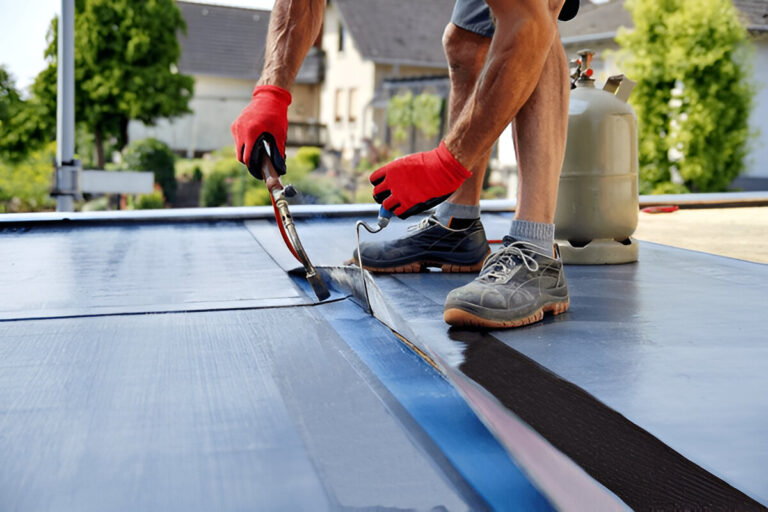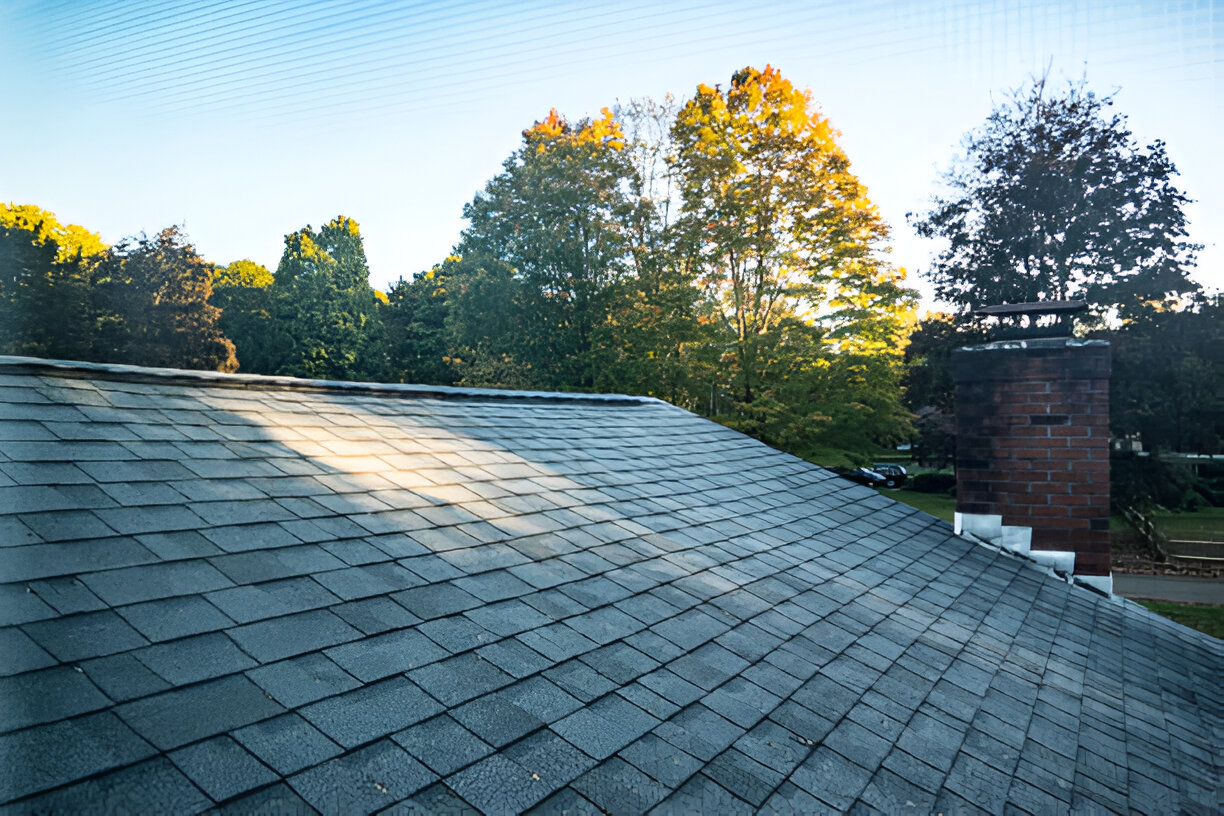Flat roofs are popular for commercial buildings—and even some homes—in New Jersey due to their cost-efficiency, ease of installation, and usable rooftop space. However, when repairs are needed, choosing the best materials for flat roof repairs is essential to ensure long-lasting performance.
At Chase Commercial Roofing Flat Roof Specialist LLC, a leading roofing company in New Jersey, we know firsthand that not all materials are created equal. The right choice can make the difference between a quick fix and a durable solution.
Let’s break down the best materials available for flat roof repairs and why your selection matters so much.
Why Material Choice Matters for Flat Roofs
Flat roofs have different needs than pitched roofs. Because they don’t shed water as easily, flat roofs are more vulnerable to pooling water, UV exposure, and punctures. So, it’s critical to use materials designed to withstand these specific challenges.
Factors to Consider:
- Durability: How well the material resists weather, impact, and wear.
- Cost-effectiveness: Balancing budget with performance.
- Ease of installation: Some materials require heat welding or adhesive systems.
- Energy efficiency: Reflective materials help reduce cooling costs.
Now let’s dive into the most trusted repair materials used by the best roofing companies in New Jersey.
1. EPDM Rubber Roofing
EPDM (Ethylene Propylene Diene Monomer) is a synthetic rubber membrane that has long been a favorite for flat roof repairs.
Pros:
- Flexible and lightweight
- Resistant to UV radiation and weathering
- Relatively easy and affordable to install
- Excellent lifespan (up to 25 years with proper care)
Cons:
- Can absorb heat due to its black color (less energy-efficient)
- Seams may require resealing over time
Best For: Commercial buildings needing affordable, quick patch repairs.
2. TPO Roofing
TPO (Thermoplastic Olefin) is a white, reflective single-ply membrane. It’s widely used by any reputable roofing company in New Jersey due to its energy-saving capabilities.
Pros:
- Excellent resistance to punctures, UV, and chemicals
- Reflective surface reduces energy bills
- Welded seams offer superior waterproofing
- Long service life (20–30 years)
Cons:
- Needs expert installation
- Variable quality depending on the manufacturer
Best For: Businesses looking for energy efficiency and a modern, durable solution.
3. Modified Bitumen
A staple in the commercial roofing world, modified bitumen is a layered roofing material made of asphalt and reinforcing materials.
Pros:
- Strong waterproofing ability
- Puncture-resistant
- Compatible with a range of surface coatings
Cons:
- More labor-intensive installation
- Prone to cracking in extreme cold unless maintained properly
Best For: Property owners who need a traditional and proven roofing material that’s budget-friendly.
4. PVC Roofing
PVC (Polyvinyl Chloride) is another excellent single-ply membrane used for flat roofs. It shares similarities with TPO but offers enhanced chemical resistance.
Pros:
- Durable and highly resistant to fire, grease, and chemicals
- Energy-efficient and reflective
- Strong, heat-welded seams
Cons:
- Higher cost compared to TPO or EPDM
- Can become brittle over time in colder climates
Best For: Commercial kitchens or buildings with chemical exposure or grease exhaust.
5. Roof Coatings (Liquid Applied Membranes)
Silicone or acrylic roof coatings are used to repair or extend the life of existing flat roofs.
Pros:
- Cost-effective option to delay full replacement
- Seamless, waterproof finish
- Reflective properties for energy savings
Cons:
- Not suitable for all roof types
- Needs clean, dry surface for proper adhesion
Best For: Older flat roofs that are structurally sound but need a performance boost.
Bonus Tip: Always Hire a Professional Roofing Contractor
Even the best materials will fail if installed incorrectly. Hiring a certified roofing company like Chase Commercial Roofing Flat Roof Specialist LLC ensures that your repairs are done right the first time. We have years of experience with commercial flat roof systems across New Jersey and can recommend the best material based on your building’s unique needs.
How to Choose the Best Material for Your Roof Repair
Ask yourself these questions:
- What’s your budget?
- Do you need a temporary fix or a long-term solution?
- Is energy efficiency a priority?
- How old is your current roof?
For building owners in Woodland Park and throughout New Jersey, consulting a local expert is crucial. We understand the state’s climate patterns, roofing codes, and even local incentives. For more on building and roofing regulations, check out the New Jersey Department of Community Affairs.
Conclusion
There’s no one-size-fits-all answer when it comes to the best material for flat roof repairs. Whether it’s EPDM, TPO, modified bitumen, or roof coatings, the right material depends on your property, budget, and performance goals.
At Chase Commercial Roofing Flat Roof Specialist LLC, we’re committed to providing expert advice, high-quality workmanship, and tailored solutions that last. We’re proud to be one of the best roofing companies in the region—trusted by business owners throughout Woodland Park and greater New Jersey.
Ready to repair your flat roof with confidence? Contact our team today and get a customized quote for the best roofing solution your property deserves.







